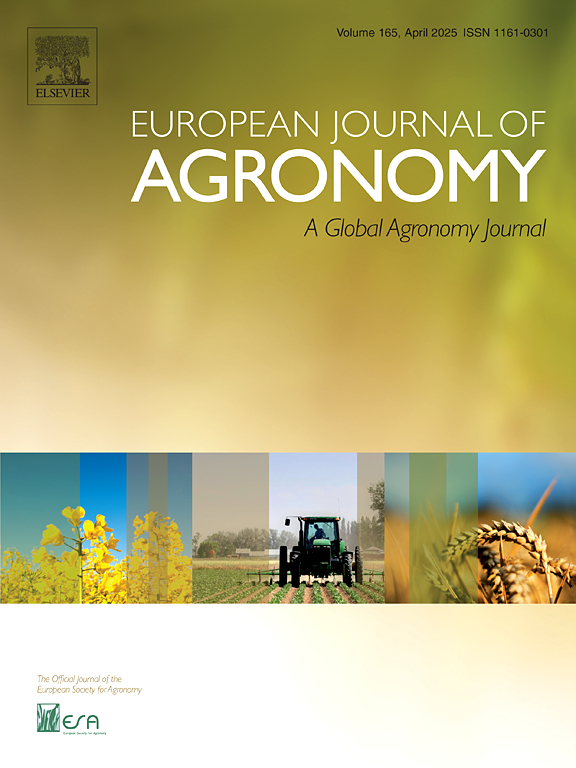Arbuscular mycorrhizal fungi (AMF) are widely distributed and can establish symbiotic relationships with various plants. AMF plays a critical role as a biological fertilizer in promoting sustainable agriculture. However, comprehensive studies on the effects of AMF inoculation under field conditions are still lacking. This study conducted a global synthesis of 117 peer-reviewed publications with 1633 field observations to assess the effects of different AMF inoculation treatments on plant colonization rate and crop growth performance in field experiments. The overall effect of AMF inoculation on plant colonization rate, nitrogen (N) uptake, phosphorus (P) uptake, yield and plant height demonstrated a positive impact. In crop studies, AMF inoculation was more beneficial for Leguminosae than Gramineae. Single inoculation produced greater effects than mixed inoculation. Claroideoglomus stood out in its ability to significantly boost colonization rates. However, its role in enhancing crop yields was less pronounced when compared to the contributions of Rhizophagus and Funneliformis. In tree inoculation studies, mixed inoculation outperformed single inoculation, with similar effects across fungal genera as observed in crops. AMF inoculation was more beneficial for crop P uptake rather than N uptake. Yield positively correlated with colonization and was closely associated with nutrient uptake. Soil environmental factors mainly affected plant colonization rate, while climate factors influenced crop yield. AMF inoculation positively impacts plant growth and development, but species differences, climate and soil conditions influence its effects. Therefore, this study offers valuable insights into sustainable agricultural production management and the application of AMF inoculants.
DOI:
https://doi.org/10.1016/j.eja.2024.127503
Dimensões Contagem de citações:

Ano de publicação
2025
Autores
Li, X.; Wu, Y.; Huang, C.; Rahman, M.A.; Argaman, E.; Xiao, Y.
Idioma
English
Palavras-chave
fungi, agricultural production, biofertilizer, crop yield, inoculation, nutrient uptake, phosphorus, nitrogen


















